New Fraunhofer membrane technology enables co-transport of hydrogen and natural gas
Green Car Congress
APRIL 3, 2021
The HYPOS project partners are pursuing the idea, among other approaches, of transporting hydrogen along with natural gas. There are various processes involved in membrane production, starting with custom polymer synthesis. Polymers are substances consisting of branched macromolecules.

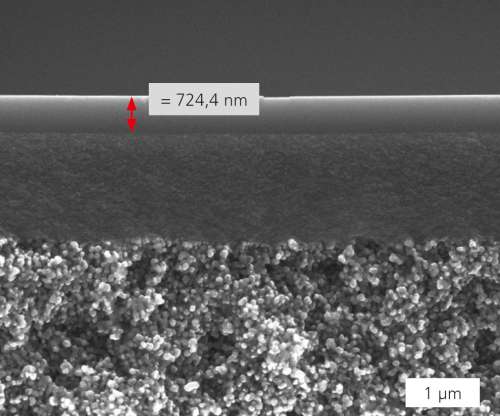




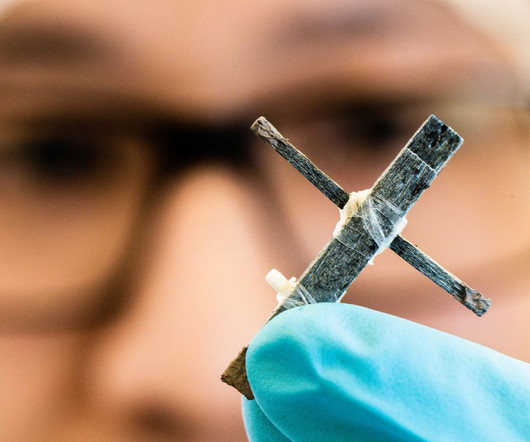








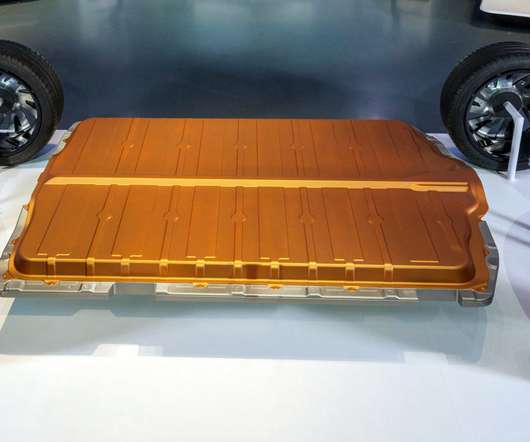



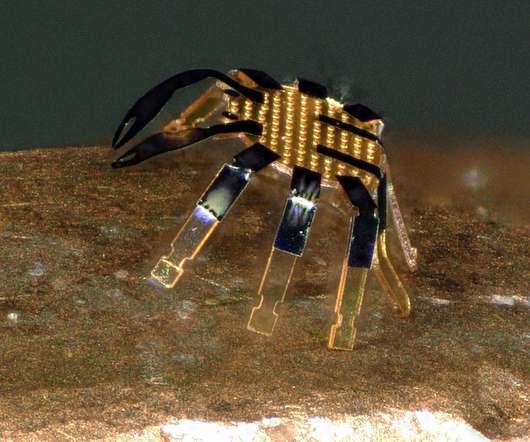






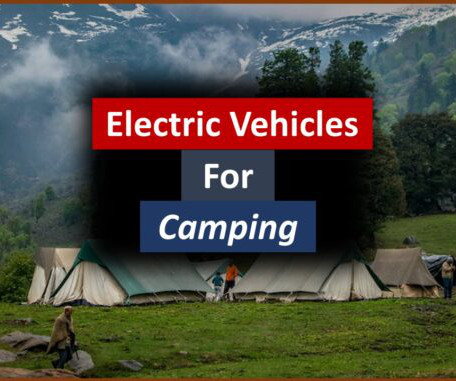

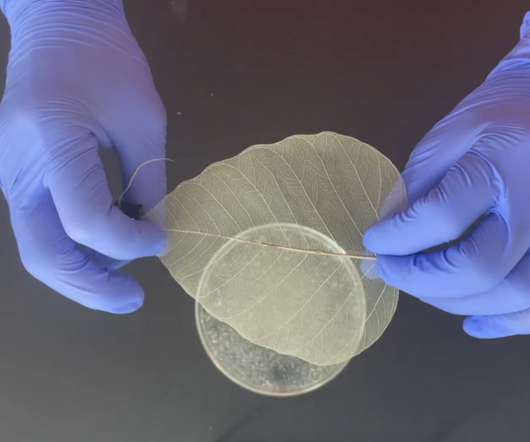











Let's personalize your content